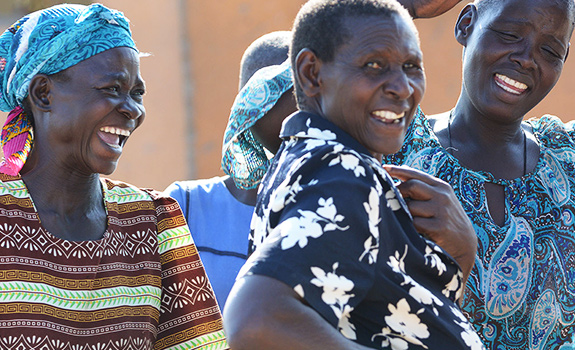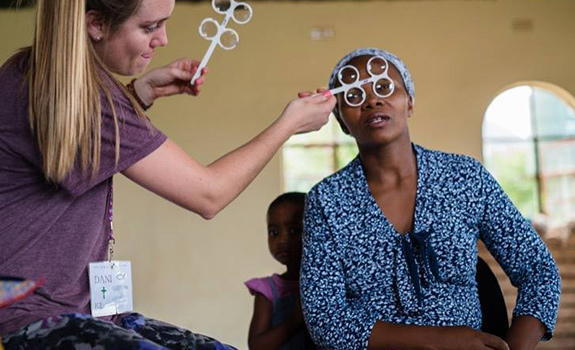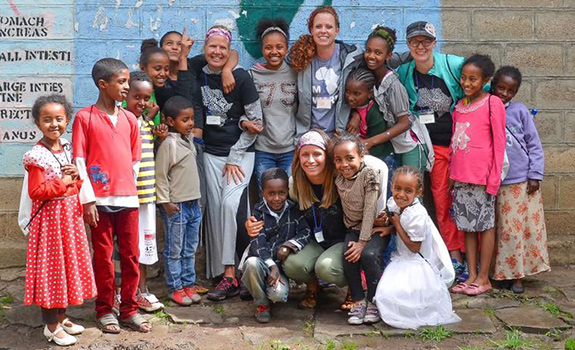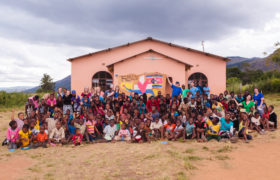I never cease to be amazed at how God designs things— such beauty, such intention. If you look closely at God’s design for relationships and community, you can clearly see a wonderful reflection of God himself. As his creation, we are uniquely designed for community — to have community, to be in community and to honor community.

Why then do we try to do things the easy way? Why do we try to go solo, provide solutions by simply writing the check and checking the box, and helicopter in and out of relationships? Human nature I guess. As humans, we know that building and maintaining relationships takes work — a lot of work, but that the work bears much fruit. And when we take the time to build and develop relationships and community, we learn about and experience God’s character.
I’ve had the privilege of working alongside HopeChest for the last 18 months. Their Community-to-Community approach to transformation is a wonderful example of God’s design for relationships. While they are not a help/aid organization, they help people every day, and touch the lives of thousands of individuals living in some of the most challenging places in the world. The difference is in how that help is delivered and received.

In the book When Helping Hurts, the authors lay out a compelling rationale for why simply providing aid doesn’t work. After trillions (yes, trillions with a T), of dollars of aid has been sent to Africa alone, the situation on the ground has not dramatically improved. Why? Because simply giving a handout doesn’t work. God didn’t design us for handouts. He designed us for community and to be in relationship with each other. When true community is built, people on both sides of the relationship are positively impacted. That’s how things are designed to work in God’s economy.

Don’t get me wrong – we need to meet people at their point of need. We need to address real crises. If you are hungry or unsafe, you can’t even begin to think about changing systemic issues or even changing the trajectory of your life. But, we can’t stop at just providing a meal, or a well for clean water. Without systemic change, people will forever remain in crisis situations.
Why HopeChest’s model is so compelling is that they understand this. Their whole model is built around developing long-term relationships — where a community in the US (be it a church or other structured community) works with a community in the developing world. Communities here work alongside communities overseas to understand what vision God has given to individuals, what assets the local community has, and then they work together to build a plan for creating sustainable change. Along the way, they also provide critical resources (food, water, vocational training, education) and sponsor individual children to meet people at their point of need. The whole idea is to equip the local community overseas to become self sustaining, so that they do not need support from a community in the US.
And, something magical happens along the way — both communities are transformed. Both are touched by God. Both learn something important about themselves and how God works through each individual to accomplish his will. And in the end, we all grow to be a bit more like Christ.





